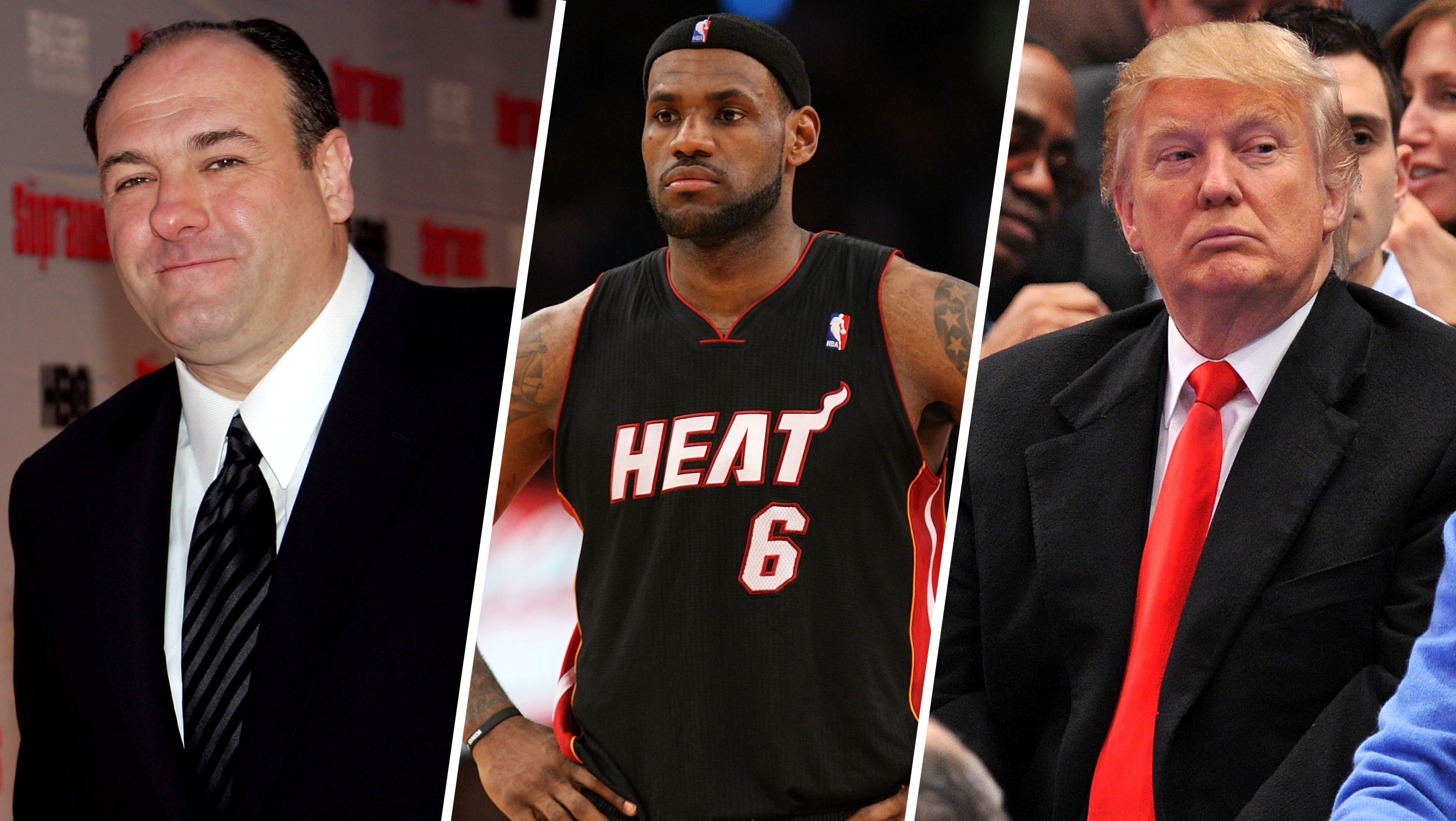Forsberg: What Celtics must improve to have a shot vs. Nets originally appeared on NBC Sports Boston
Boston Celtics coach Brad Stevens and his players were (understandably) peppered with questions about how they might slow down the Brooklyn Nets ahead of this Eastern Conference first-round playoff series. Stevens and Co. would shower the opponent with praise each time, but the coach spent most of his time stressing that it was his team’s offense that kept him up at night.
Maybe Stevens knew his team would ratchet up its defensive intensity a bit but his concerns about maximizing offensive possessions were validated in Game 1. The Celtics endured some maddening scoring lulls that negated much of the good they did on the other end of the floor and the Nets needed only what felt like a couple inevitable second-half spurts to pull away.
Get New England news, weather forecasts and entertainment stories to your inbox. Sign up for NECN newsletters.
So now here’s Boston’s dilemma as they try to keep this series competitive: How can a Celtics team without Jaylen Brown and with a hindered Robert Williams produce enough offense to keep pace with a Nets team that can hang 120 points on an off-shooting night?
Celtics Talk Podcast: How can the Celtics compete with Nets, and Rob Williams’ future in green | Listen & subscribe | Watch on YouTube
U.S. & World
Let’s put a few of Boston’s key players in the spotlight:
Jayson Tatum and the accelerator
For the first five minutes of Game 1, Tatum looked like the best player on the court. He had an early fadeaway over old friend Kyrie Irving, attacked a Blake Griffin switch for a layup, then sidestepped his way to a 3-pointer with Kevin Durant defending.
The Celtics offense ground to a halt when Tatum eventually went to the bench, a double-digit lead disappeared, and, worse yet, Tatum never reestablished himself later in the game as Durant and Irving took over.
Tatum did not produce a single field goal in the second half. He missed his last eight shots overall. He stepped on the end line at one point while trying to attack Griffin.
The Celtics need Tatum to be great to have any chance of hanging with this Nets team. That’s a lot of pressure given the attention he commands, especially with Boston’s potency thinned by health woes.
In the big picture, nothing is bigger in this series than Tatum showing he can distinguish himself at times while competing against two former MVPs and a seven-time All-Star coming off a 50/40/90 season.
The key to watch here: Can Tatum use the attention he draws to create for his teammates? That assist number needs to go up. And he needs to get to the free-throw line consistently to take some stress off Boston’s offense.
Need more from Kemba Walker and Evan Fournier
Walker had one game all season where he finished with four fouls (April 17 vs. Golden State). He had four fouls in 25 minutes of game time in Game 1 and those whistles clearly contributed to an uncharacteristic clunker.
If the Nets are going to put most of their defensive attention on Tatum then Walker and Fournier have got to be better. Some of that simply boils down to shot making, and much of that could balance out after off nights in Game 1.
Game 1 takeaways: Kemba's struggles prove costly
Here’s the concern: Walker struggled against Brooklyn in the one regular-season meeting he played this year (5-for-12, 1-for-7 from 3-point range, 86 offensive rating) and those woes bled into the playoffs. Fournier has a history of playoff struggles, shooting a mere 34.6 percent overall and 27.2 percent beyond the 3-point arc in 15 career postseason games.
Some of that could seemingly be chalked up to being a top option on Orlando teams that were perpetually playing superior opponents. But he’s got to find ways to capitalize as a third option for Boston.
The Jabari Parker curveball
Desperate for potential offensive weapons -- and maybe leery of the streaky nature of players like Grant Williams and Semi Ojeleye -- Stevens trotted out Parker for nearly 22 minutes in Game 1.
Parker had a couple individual defensive lapses but the team’s overall performance negated those moments. Boston had a team-best net rating of plus-19.0 during Parker’s floor time, which included a defensive rating of 81.0.
Thompson insists C's are 'not intimidated' by Nets
If Robert Williams is limited by his turf toe, Parker’s workload could remain hefty. In fact, there’s a world in which starting Parker might make sense, if only because the small-ball nature of this series could make it tough to play Tristan Thompson for long stretches. Boston’s offensive rating was a meager 95.9 in Thompson’s 25 minutes of floor time (and his net rating was minus-35.3 overall).
Ball movement and taking advantage of switches
The buzz with the Celtics in the aftermath of Game 1 was that they needed to take better advantage of matchups against Brooklyn’s switch-happy defense. There’s a balance there, however. Players can’t just charge into traffic because they draw Griffin on a switch.
The Celtics generated a measly six second-half assists while limping to 40 total points. No player beyond Smart (four) and Tatum (two) had assists after the intermission.
For as good as they are offensively, the Nets are exploitable on the defensive end. The Celtics desperately need to make them work at that end, too, if for no other reason than to force them to take the ball out from under the basket and slow Brooklyn’s offensive chances in transition.
The bottom line is the Celtics need to score to hang with the Nets. It won’t matter how good the defense they play if the offense grinds to a halt on multiple occasions.



